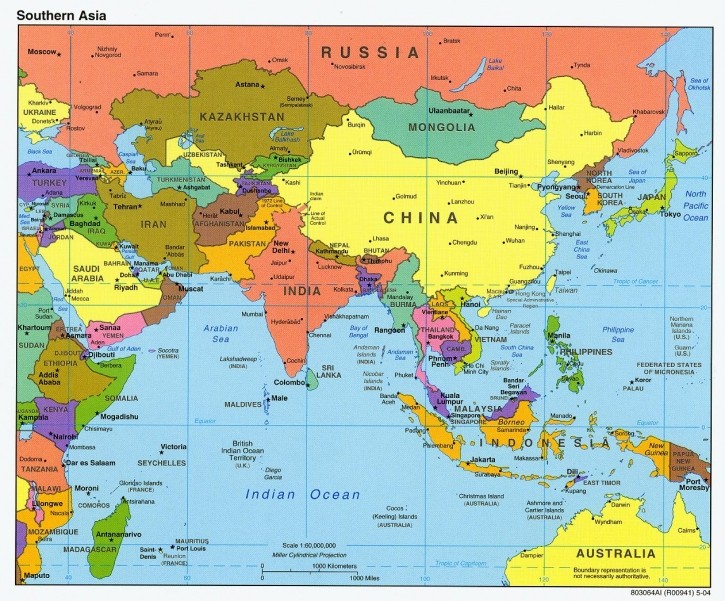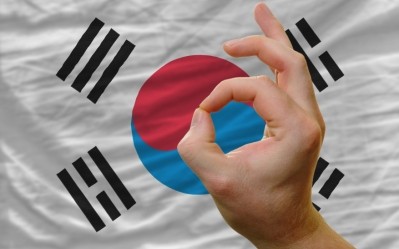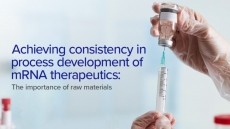Celltrion receives S Korean approval for biosimilar of Roche's cancer drug

The product, Herzuma (trastuzumab), is the second of Celltrion’s biosimilar products to receive approval from the South Korean Ministry of Food and Drug Safety (MFDS), and is only the second copycat version of Roche’s breast cancer biologic to receive the regulatory tick after Biocon and Mylan received approval in India last month.
The Korean firm is developing eight biosimilar products as part of a partnership with Hospira going back to 2009. The first product of the venture - a biosimilar version of J&J’s Remicade (infliximab) - received regulatory approval in Europe and Korea last summer and is marketed as Inflectra by Hospira in the EU and Remsima in Korea.
“Hospira is one of our marketing partner but they didn’t work with us in the development of our products,” Kim told Biopharma-Reporter.com, adding though Hospira has the marketing right of the drug in some regions Celltrion could not be sure if Hospira would choose Herzuma as one of the eight.
However, speaking to this publication after the Inflectra approval, Hospira spokesperson Dan Rosenberg confirmed Hospira was partnering with Celltrion on its Herceptin biosimilar.
Currently subject to takeover rumours, Celltrion expects Herzuma to be on the market in the first half of 2014 and to make a dent in the local Herceptin market worth, according to the company, approximately KRW 80bn ($80m).
Indian biosimilars
Biocon and Mylan became the first firms to begin marketing its Herceptin biosimilar in December. However, Kim told us such products “marketed in India have not conducted any qualified clinical trials,” and are “approved with very short-term bioequivalent tests.”
When contacted by this publication for clarification, Biocon denied this was the case.
Continuing, Kim said such drugs could be called ‘copy biologics’ rather than biosimilars like Herzuma which underwent clinical trials in 18 countries and 115 sites, involving 558 patients between 2009 and 2011 lasting until December 2011.
The latest Indian firm to enter the mAb biosimilar market is Ranbaxy who struck a deal with US biopharma firm Epirus this week to market its BOW015 biosimilar version of Remicade in India and other emerging markets. BOW015 has undergone full clinical trials, according to Epirus, and is expected to be launched later this year.
Copy Biologics vs Biosimilars
Biopharma-Reporter.com wanted to clarify the term ‘Copy Biologic’ and spoke with Monika Benstetter from the European medicines Agency (EMA). Though Benstetter could not comment on overseas regulatory bodies, she did say in Europe the term ‘copy biologic’ is never used and the only copycat version of biologics are biosimilars.
For approval, all biosimilars must undergo clinical trial, she continued, though require reduced data compared to a normal biologic drug but more than a small molecule generic, and would be assessed on a case-by-case basis by the EMA due to the complexity of the biosimilar molecule.























